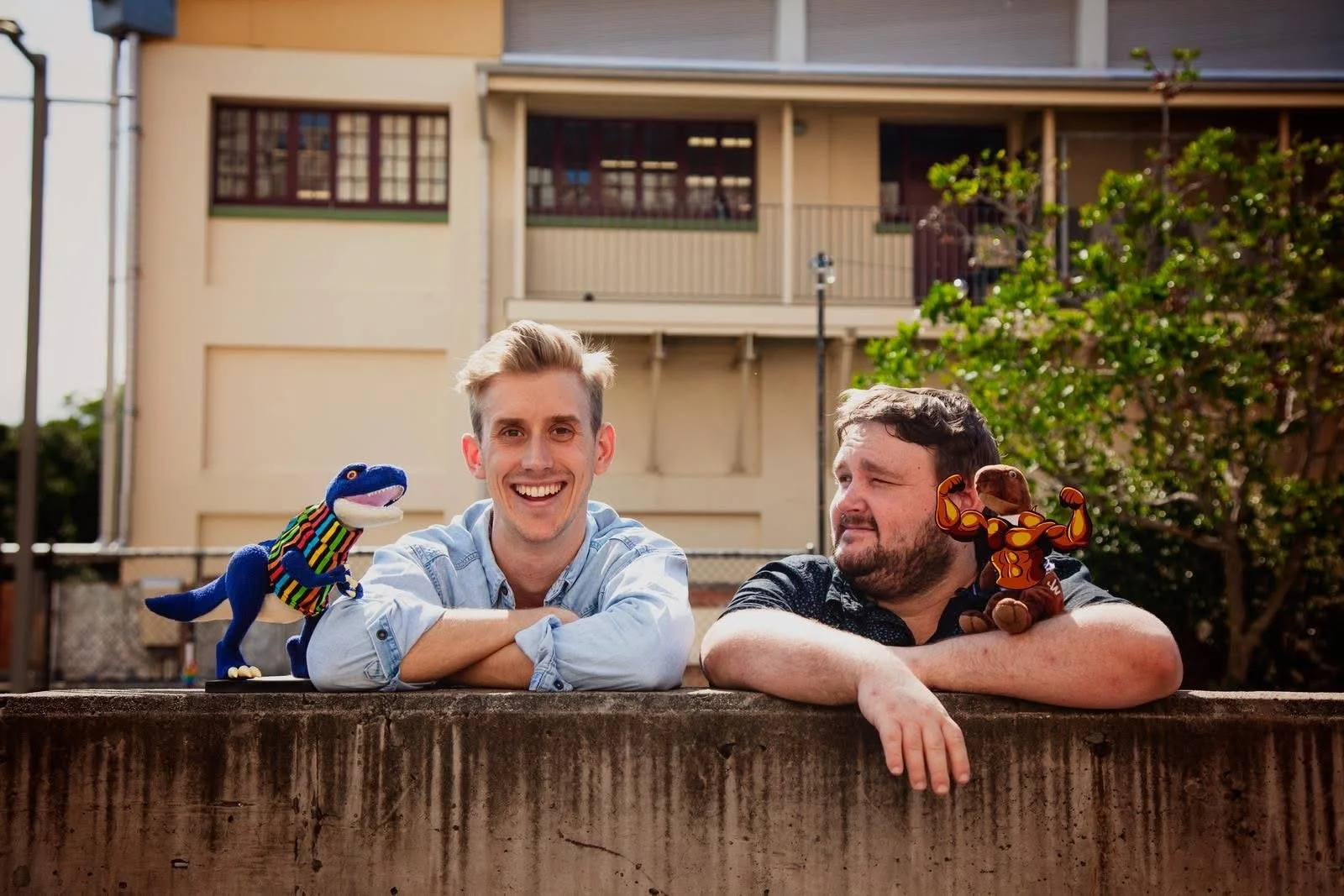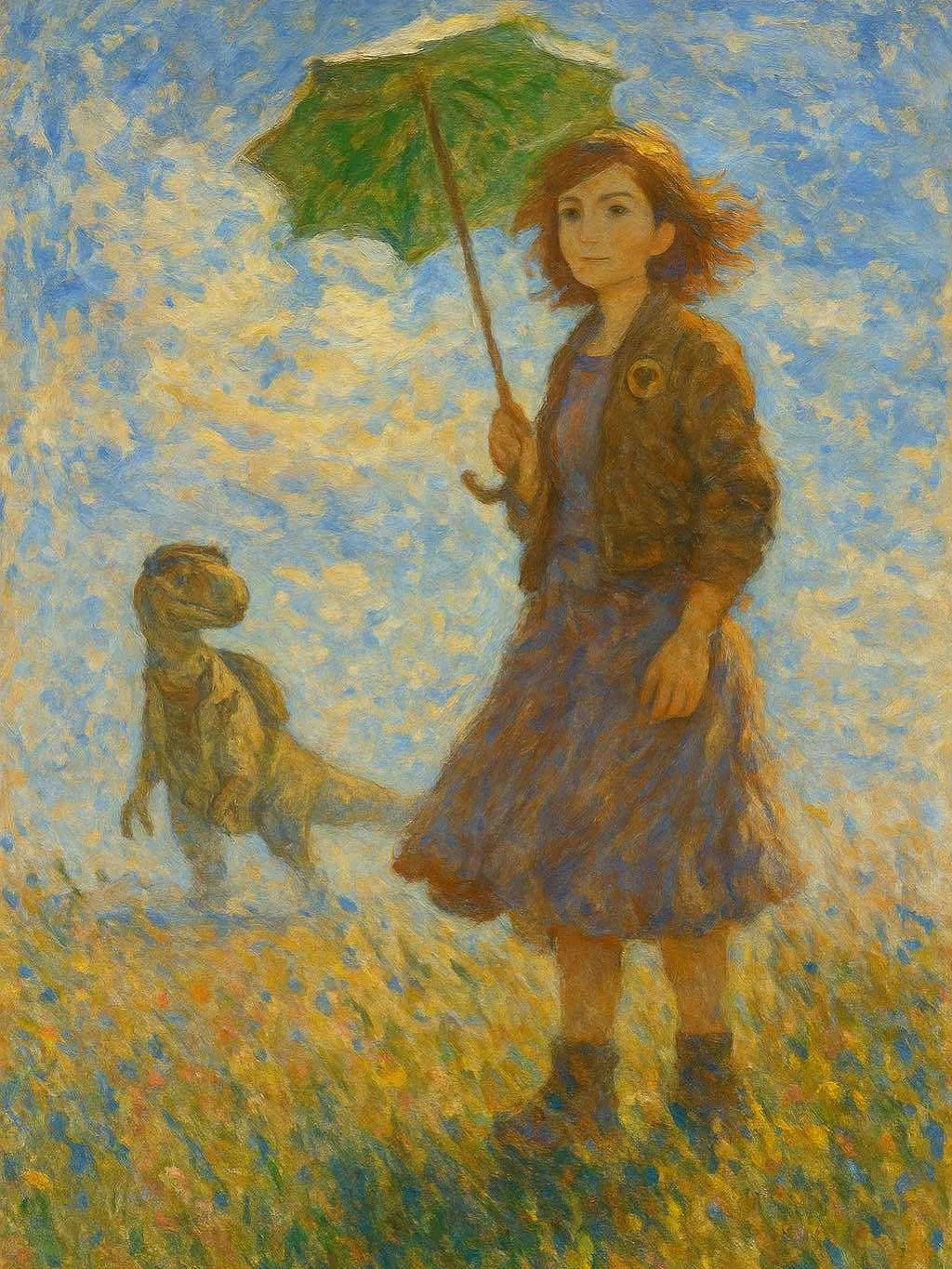Dirty Little Words
I cringe every time I see an industry article talking about mental health. They avoid two dirty words: Mental Illness.
Why? The answer is threefold:
They are hard to understand.
While symptoms can be managed, there are no cures. Like Diabetes or other chronic illnesses, it is your everyday life. A full-time job to remain functional.
No one wants to talk about it. It is ugly, perverse, exhausting and utterly devastating.
I get it. I do. I love that open discussion about mental health is common now. Two things can be true.
Yes, OCD is a form of neurodiversity. It is also an illness. I was born with the genetic potential to develop OCD, but I did not ask for the trauma that broke my brain and rewired its pathways. I know I could function better without it. That is simply a fact. I also know that this invisible disability has shaped who I am.
I was eight when my symptoms first appeared and fifteen when I was officially diagnosed. Not a lot was known about OCD back then. I learned to see it as a possession. A demon. Therapy became a fight for control, a tug of war over who had the power.
Years later, we now recognise many subtypes of OCD. Treatment approaches have improved. Mine, codenamed Polly, is a chameleon. It refuses to fit neatly into one box.
My ongoing journey toward functionality is long and expensive. The government needs to change its approach to supporting people with mental illnesses. We need more than ten subsidised sessions a year.
OCD representation is difficult because of how diverse and varied the condition is. Everyone’s OCD is a little different. It does not help that the illness continues to grow and adapt along with the person.
I barely passed my first university script class because of my first attempt at portraying OCD. It did not translate. No one understood why ensuring the kettle was unplugged before leaving home meant life or death.
I kept trying, but the feedback was always the same: too dramatic, too fantastical. 'Plushed' came close.
When I started writing 'Wren Findley', I realised I had to do the thing I feared most. I had to open the gates to hell, meaning my mind, and let people see the horror show for themselves.
That does not mean Polly in the books is exactly the same as the one in my head. Like Wren, she is a unique individual. This meant researching how to build a similar but different OCD. One I could somewhat influence.
Book 1 of the six-part series was about accepting the help of others and the beginnings of a healing journey. It brought the team together and helped each of them recognise that they needed one another.
Book 2, much like this blog, will see the characters commit to that journey. Wren will come to know her OCD more intimately. It won't be a boogeywoman anymore. It has feelings and motivations, and it is part of her.
Wren Findley and the Horror at the Tower of Babel
Here I am again. Writing another abstract for a report that someone could just read. Yippee. Spin. Spin. Spin. Shake. Shake. Shake. The universe can crash and burn —T-Rexes will still lodge their taxes. This second book is written by me, Wren Findley. I’m a mentally ill teenage Time Thymus assigned to MR-1. This is the mission where we tried to stop the bad guys from tearing apart the foundations of reality. No pressure. It’s filled with crazed humans, confused dinosaurs, and fear itself. In the ancient deserts of the Bermuda Triangle stood the Tower of Babel. Here, humanity’s greatest artists were imprisoned. Their imaginations had taken physical form —and they were angry. To lead us through, I had to make a truce with my horrifying corporeal OCD. Because when the maestro’s scythe falls, only the broken will see true.



